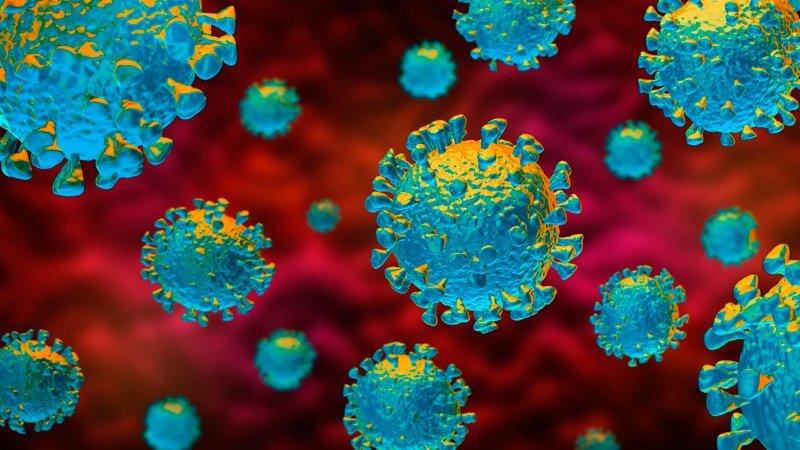The Covid-19 Volunteer Testing Network launches today to provide essential additional testing capacity to front-line workers. The project, started by Mike Fischer CBE, helps small laboratories convert to run critical antigen testing and identify Covid-19 cases among local healthcare workers at no cost to Government.
The UK has thousands of small laboratories with the right equipment, personnel and processes to run Covid-19 testing. Although some of the critical RT-PCR machines in university and healthcare settings have already been requisitioned by central Government, thousands of others are currently sitting idle in small, ‘long-tail’ facilities up and down the country. Fischer set up SBL, a non-profit medical research laboratory in Oxfordshire, which is already running 250-500 tests a week for 10 GP surgeries in the local area.
“Although our facility is small with just three full-time staff, two containment hoods and two real-time machines we were quickly able to convert to Covid-19 testing using the Centre for Disease Control protocols and are now running up to 500 tests a week for the staff at 10 local GP surgeries on a same-day basis” said Fischer.
“If other labs could join the effort we could quickly scale to providing tens of thousands of tests a day in complement to the central program.”
“If we are going to beat this pandemic, we need to employ every resource we can to make sure that our essential health care workers can go to work safely. Even at our small facility with just three full-time staff and two machines, we have been able to run up to 500 tests a week for NHS staff on a same-day basis. By creating an emergency network of volunteer laboratories like ours across the UK, we can quickly and efficiently create the capacity we need to deliver tens of thousands of additional tests every single day. We believe this can play a vital role in supporting the national effort, at no cost to the taxpayer. One of our goals is to work up in a few labs a demonstration of the massive capacity envisaged by Professor Julian Peto in his letter to the BMJ.”
More from News
- Are AI Startups Investing In Teachers Learning AI A Good Move For Education?
- Can a Robot Really Perform Surgery Without Human Help?
- Reports Show Fewer Students Chasing Tech Careers, Here’s Why
- Undersea Cables And Digital Systems At Risk, MPs Warn
- Government Partners With Google Cloud To Modernise Tech, Here’s How
- What Is Jack Dorsey’s New App, BitChat?
- Students Are Sneaking Secret AI Phrases On Academic Papers
- How Will The Rise Of AI Influencers Impact Content Creators?
Phillip Unwin is a Senior Partner at Hart Surgery, a frontline doctor who has been at Henley practice for 32 years. He was due to retire this month and is staying on to help the surgery as a result of the Covid-19 pandemic. Hart Surgery, in Henley, is a practice with 10,500 patients and is one of the first GPs to get help from SBL lab for their GPs & front-line staff with testing for Covid-19.
Unwin said: “Having a test is crucial in helping to stem the spread of this disease and help us at practices to keep fighting.”
The Covid-19 Volunteer Testing Network is being coordinated on an entirely voluntary basis and is looking for further labs to join the effort. “We hope existing equipment can be used in-situ with qualified staff volunteering to conduct the tests. We are able to provide guidance, protocols, documentation and reporting” Fischer added.
The Fischer Family Trust has also made £1M in funding available to support the purchase of consumables for the tests if labs are unable to cover these.
Professor Julian Peto of the London School of Hygiene and Tropical Medicine said in support of the project “When the Dunkirk evacuation began no-one knew how many people could be rescued. We don’t know how many infections and deaths we can prevent, but we know it’s a lot. Everything from open fishing boats to destroyers carried back as many men as they could. The little boats carried more than the destroyers, just as the little labs will do most of the testing.
A small laboratory with one PCR machine can do 700 tests in a 24 hour day which would make a vital difference to capacity. They will be justly proud and justly honoured, like the NHS frontline staff. I hope that thousands of those laboratories with the right facilities and staff will join this network”



